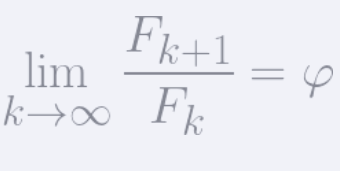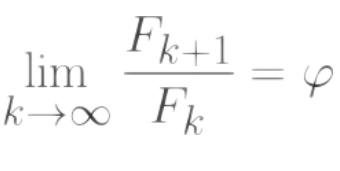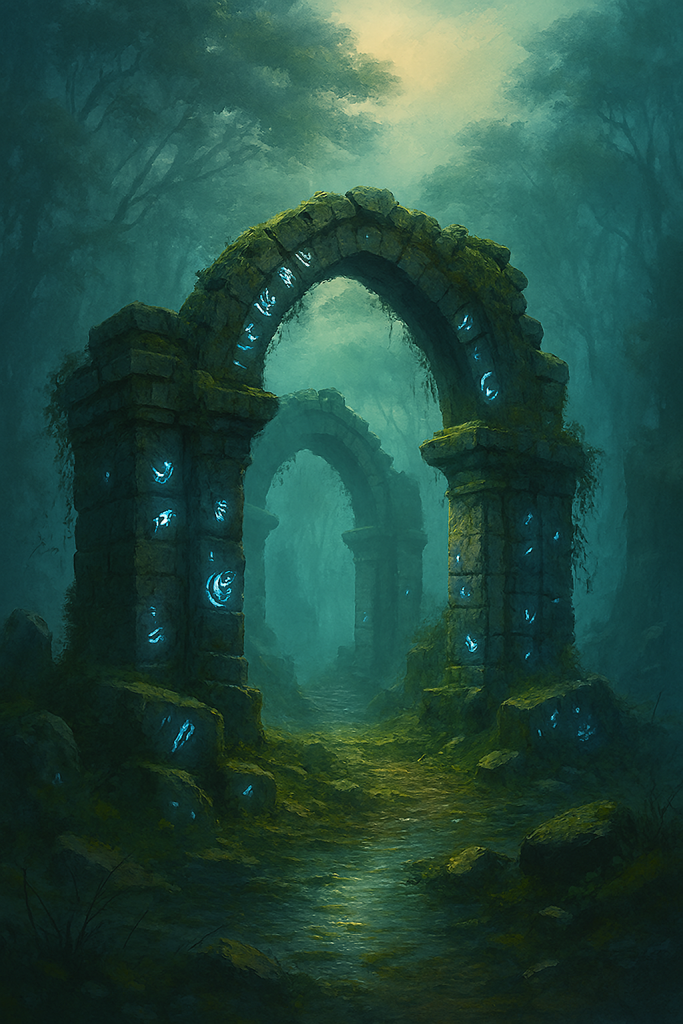
What began as a simple idea has grown into something far beyond what I imagined. Bringing Seal of Solara to the web has been an exciting experiment — and a story of deep learning, creative iteration, and joyful surprises.

At first, I built the desktop version using Python, with my buddy Copilot by my side. Together, we explored game logic, scene transitions, and dynamic feedback. One of the most powerful tools I discovered was the "tag" property — a flexible way to deploy text and extend player interactions with modular logic.
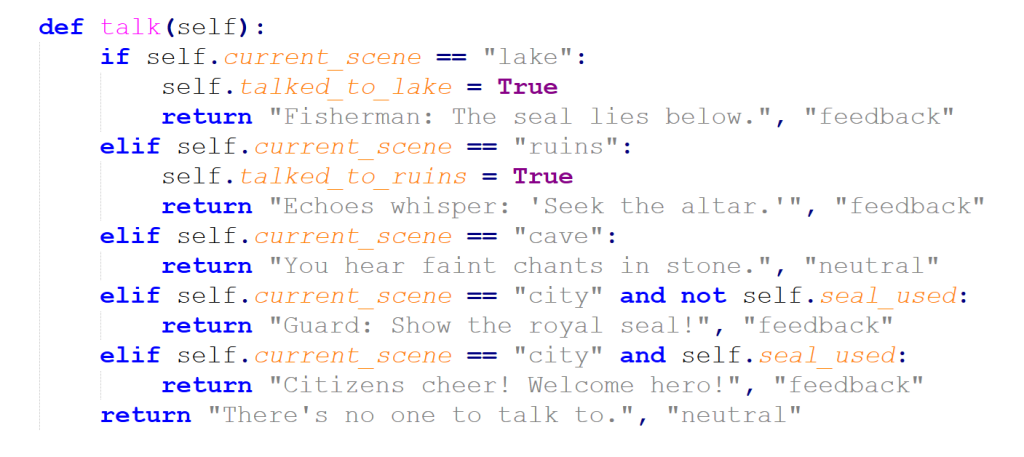
Then the transformation began — bringing Seal of Solara to the web. I had to choose a framework, and I went with Flask. It felt natural, and I can confidently say I’m comfortable working with it. Flask gave me the flexibility to preserve my game’s modular logic while opening the door to browser-based interaction. It was the perfect bridge between Python’s simplicity and the dynamic nature of the web.
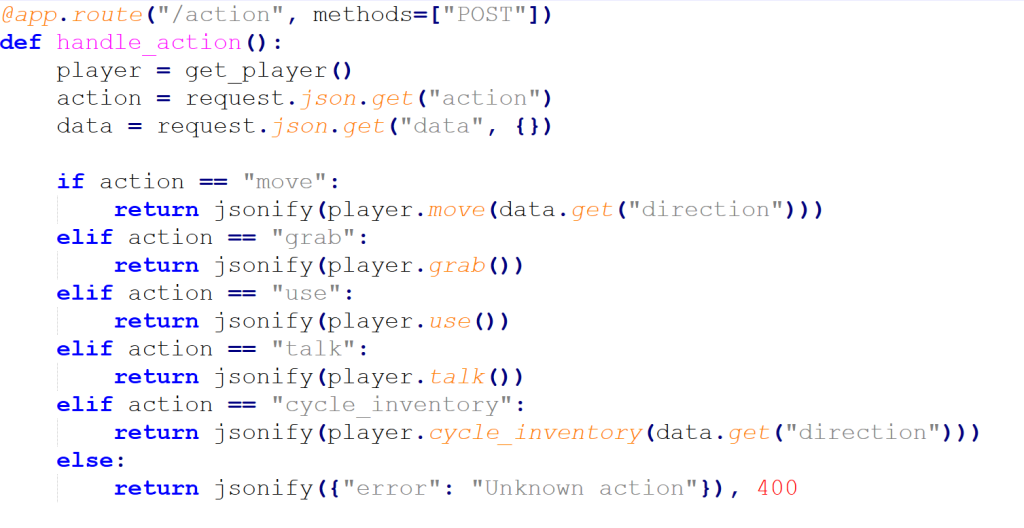
With the communication between HTML, Flask, and JSON flowing smoothly — and my player logic tucked neatly into an external Python file — the game was almost ready.
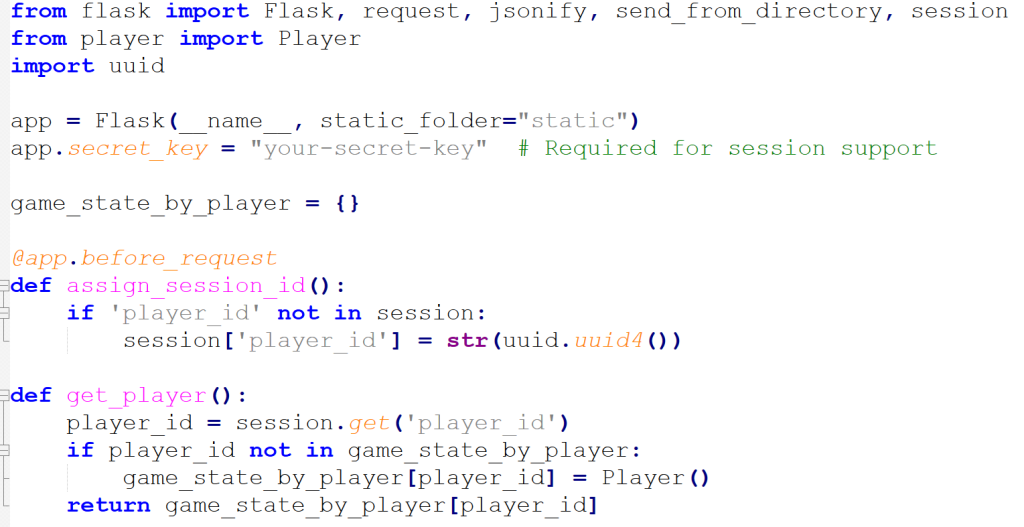
Setting up session-based player tracking was the final piece. Once that was in place, I took a deep sigh… 😊 It was working. Each player had their own journey. The world of Seal of Solara was alive in the browser.
And I must say a few words about the images 😊 My buddy suggested trying AI-based image generation — and voilà! It took some time to get them just right, but the results were absolutely fascinating. I didn’t expect that level of richness and atmosphere. Suddenly, Solara had a face… and a soul.
After that, I deployed the game on Render.com, which turned out to be a great platform for experiments like this. Then came the fun part — sharing it with my friends. I may have slightly annoyed them by constantly posting updates and game steps 😄 But hey, when you build a world, you want others to explore it.
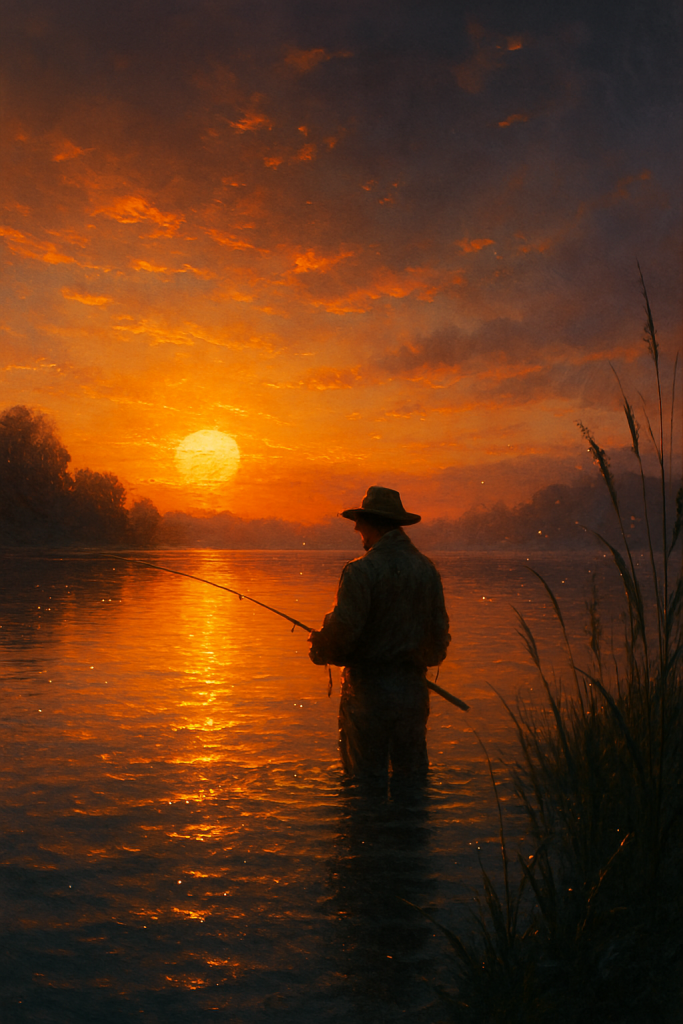
So far, I haven’t found a solid module for using Python directly in web games. Pygame is fantastic — but it’s built for desktop, not the browser. That limitation has been a bit frustrating, and honestly, a little boring when it comes to web deployment.
For future experiments, I’m planning to revisit p5.js and Express.js — tools I tested last year. They offer a lot of creative freedom in the browser, and I’m excited to explore how they can bring more interactivity and visual flair to my game ideas.
By the way — if you’d like to try my tiny game Seal of Solara, it’s still online!
It’s a short, browser-based adventure with dynamic scenes, modular logic, and a touch of mystery. I built it from scratch, learned a ton along the way.
https://sealofsolara.onrender.com
Thanks with love and sincerety. 🙂
